
In this anthology of invited poetry, The Violet Sun, Editor Inam Hussain Begg Mullick, in his prefatory note quotes T.S. Eliot on poetry: “..the more perfect the artist, the more perfectly will the mind digest and transmute the passions which are its material.” Further, Eliot adds: “The poet’s mind is in fact a receptacle for seizing and storing up numberless feelings, phrases, images, which remain there until all the particles which can unite to form a new compound are present together.”
In compiling this anthology Mullick has certainly included the perennial theme of human suffering, raw and bleeding at times, transmuted at others. Suffering is reflected in the ever-present alter ego, in anonymity, melancholia, loneliness, grief and foreboding. Then there are themes of love, war, ecology, Nature, sensuousness, passion, memory, searching questions, illusoriness, tenderness, intimacy, protest, realisation and a quest for spiritual freedom. The forms too vary: free verse, stream of consciousness, the metaphorical surreal, rhyme, villanelle, ghazal and haiku.
There are various ways in which the poems bring elements and emotions home. Adil Jussawalla’s View gives us the perspective of a framed picture, elements of which really belong to one’s life. Palms along the coast become/A line of leaves above a door,/Withered long past welcome. The sea is there and so are the ships but they stand like homes/Abandoned for the day. With sensuous joy, Anjana Basu’s Milady Sky exquisitely feminizes the sky: she unbuttons her clothes/a pomegranate splits/into a scatter of stars. Slipping out of the haze from her shoulders, the moon bursts forth bare and golden/as she bathes in the pool of night. In Make up, Basu leans close to breathe the sunlight’s dust and gold as make up – a splash on the cheekbones/a wash of gold/happy or sad you glow/all the rest is reflection.
In six short pithy episodes, Inam Hussain Begg Mullick brings in both elements and emotions: weather and the seasons; martyrdom and immortality; love and the constellations. In a classic interweaving of natural elements, love and transparency, the fourth episode has two sparrows embrace as the wind-blown lover appears at her door – my bones illumined by your gaze./I know your lips are ageless rivers.
Ketaki Datta’s poems have a simple sincerity in bringing emotions home. In Hoping against hope, she chafes against the dark world, its terrors and mourning. Her questions are many: How can beauty be ravaged, charm end, magic disappear? Her solution appears simple: Let’s be green, let’s nurture green. But at a deeper level, she asks for horses to be unbridled, so they can bound out of the paddock, so we can love each other and end discrimination, schism, ruthlessness, egoism. With hope.
Rochelle Potkar’s the poet goes to storyland brings an important point home: art is more important than the artist – the choreographed puppets more important than the backstage. From ancient times, the Indian artist had remained largely anonymous. Potkar knows, that for all artists, ideas are continuous silk threads that the Universe dangles for the imagination to trapeze – but too much limelight could destroy the puppeteer’s thread of concentration. In her second poem divvy perspectives, Potkar gives an ingenious twist to Aesop’s fable of the father, the son and the donkey. In contemporary times, it is no longer necessary for the donkey to drown due to his masters’ follies. For between humankind and AI, even donkeys now have begun to think!
Sharmila Ray’s poem Room has a mystical quality. For the multicolored hand mirror reflects space and distances, a duality of emotions, landscapes and stories, journeys and homecomings. With stirrings of an inner power, Ray’s poem has a classic finale: Rini gently hitches up her sari and sits/on the crest of daylight.
The anthology articulates several existential issues: imperfection, anonymity, melancholia, loneliness, foreboding. In A shadow, Arnab Chatterjee’s narrator’s alter ego is a broken smile on dry grass. It changes, but remains a saga of imperfection which the narrator refuses to accept, for the bay wishes mergence with the ocean, an eternity refuses creation. In Biswajit Chatterjee’s My kite my story the crux of the poem lies in the end line: “My kite” is cold in a worthless rhyme – its story unheard, despite being given a second chance with poetry. Boudhayan Mukherjee’s Rise is a devastating poem that needs unravelling to see its movement from love to poverty to betrayal, to melancholia and fearful pain, to fantasy, to effort, to prayer to motherhood, and finally a return to sadness that is not divine, despite yoga and scriptural chants.
Ritamvara Bhattacharya’s Loneliness uses many images, the most moving of which refer to the intimacy of clouds – My fingers sail through/the grey awning clouds/drawing patterns of each cloud/on my bare skin. But the body is cold. The important questions the poet raises in the end are: when do thoughts become a swarm of bees and how many bees are needed to constructively build a hive? Somolekha’s Blues has images of dark foreboding: Who knows what war has befallen? For the moth does not flap its wings. Her sudden outburst: Your dead demeanor is scaring the shit outta me!
The Violet Sun has several perspectives on change: when valor is no longer valor; when climates change; when memory and visions shift. One of the most poignant poems in the collection is C.P. Surendran’s Threshold. Taken from a cycle of 30 poems titled Catafalque, it is based on the poet’s father who died of Alzheimer’s. A broken identity caused by memory loss is expressed almost entirely in evocative images: The roses are on their own; mornings smudged blue like bruises/And evenings bubbling like blood/Along the broken arteries of the sky. Surendran’s second poem Elusive looks everywhere for a face, from long ago, that is serene and still. But the vision forms and dissolves, the face flowers in the pond’s waters but fades in the next instant – a remote fragrance that befriends and betrays – highlighting the illusion of serenity and stillness and fragrance.
Ashoke Viswanathan’s Elongation on climate change is simple to read but delicately subtle. As the earth erodes and there is no rain, we suffer too, along with the elements of nature. The rains do come but we sleep, we knew not. Dreams of what went before,/Were all that slumber brought. While we feel the pain of Nature, we are unmindful of solace when it comes. For we are caught in the trap of sinning, not of healing. The elongation of sinning.
Boudhayan Mukherjee’s second poem Void has staccato descriptions of a heritage building famous for once hiding a forefather – the famous militant freedom fighter, Jatin Mukherjee. Now an abandoned building with dark corridors, alleys, rooms without walls, windows shut forever, it is soon to become a shopping mall. Its roof fallen to the bustling street below – is a symbol of the forgotten valor of the house.
Hoshang Merchant’s first of Two explanatory poems about Father/Mother archetypes focuses on change from a Biblical perspective. Christ returns after the Resurrection – reborn, rejuvenated, young. Peter, his oldest disciple, is now in old age and helpless. The pathos in the poem is self-evident in the last lines: Peter clasped Jesus for long/And wept/ like a child
There is haiku in this anthology – both Japanese and ornate. Daipayan Nair’s Japanese-style haiku intrigues as he brings in a third element for effectiveness:
meadow trail breeze
a schoolgirl’s laughter
chases the calf
It’s the breeze that carries the laughter.
Nair’s tanka is special for its sensuous qualities, its tender concern and evocation of memory,
its transposing feelings onto objects:
snatching
the newspaper during tea…
the care
my wife shows
in these times
--
every time
I return from work
the rust
on my door-key smells
stronger than before
Unlike the minimalistic Japanese haiku with its fragment and phrase, link and shift features,
Inam Hussain Begg Mullick’s Avante-garde haiku are ornate, and focus on evoking sensuous
sensibilities. Even when Nature creeps in, it is to emphasize the sensuous:
the ink of moonlight –
latent assassins amongst
your hair’s dense frolic
On occasion, human nature blends with Nature:
clocks strike a memory,
a shock of blue roses
serenades winter
The Violet Sun also carries a fair share of poetry that expresses tenderness, intimacy and passion. In Carp 1: Idiom for hands, Debolina Dey intrigues the reader with her long tender prelude on feeding a person with fried fish that has been marinaded with the homemade glaze of salt, turmeric melting with/summer’s morning haze. The feeling generated is of maternal tenderness, not between a man and a woman, but between a woman and a woman. The desire involved is so subtle, it is conveyed only in the final lines: I wait;/with a serving spoon hoping -/that you too are secretly/writing my name
Deeptesh Sen’s Nowhere Girl is a passionate combustion of flesh, with moonlight partaking of the magic of lovemaking. Soon enough, reality returns with the stench of garbage and the loud barking of dogs. Darkness engulfs us again/and I watch with a sigh/the light go out of your eyes
Somrita Urni Ganguly’s, Paris is an exquisite description of the streets of Paris of 1968, when pleasure and an articulation of passion were natural features visible on the sidewalks – on their lips hymns of passion/on their bodies diacritics of longing…. a city where age did not matter, nor gender relationships but simply two bodies on fire/willing to burn. Ganguly’s second poem Your old curio shop provides all the statuary warnings of staying away fromlove, but who can deny the relentlessness of love? The emptiness of warnings gives way to the richness of what once was…and still is.
Gender protest and gender sensitivity are provided by two very different poems. Hoshang Merchant’s second Biblical poem on Father/Mother archetypes is deeply sensitive to Mother Mary’s plight. At the Resurrection, Jesus’ words to her imply an indifference: “Woman, what art thou to me”. The poet pans back to Mary at 15 who felt her womb stir and the loneliness she must have felt then. The deeply empathetic last lines say it all: She took on world-blame to birth god’s son/ Then she must’ve felt so alone/So alone and so frightened. Naina Dey’s Tongue Talk is a passionate protest: Your contempt for beauty/for truth/makes you distort my words/to want to tear out my tongue. But the tongue will be sown in countless ways, both personal and global, to emerge through the crevices of your vanities.
In the final section of this review, we focus on some fine poems on quest – for freedom, for realizations, for the spiritual. In her second poem, Carp 11: Lipsyncing, Leaping over the Dragon Gate, Debolina Dey makes effective use of the metaphorical surreal to convey how, after a hundred years, a massive fish – an eagle’s shadow trapped under water – breaks free, transformed and belonging only to the air. Somolekha’s Common Man is a thought-provoking poem which concludes, that even when a man is shorn of jealousy, greed or possession, his will to be great through tall deeds, may not lead to peace at all.
In similar vein, through Sangfroid, Ketaki Datta reaches the important recognition that often hopes, desires, emotions, serious angst lead but to the melting pot/ of failed expectations. The poet finds her solution quite simply: Nothing lasts forever -/Neither the surge of rage,/nor of hope,/Neither the dance of desires,/nor of its cessation! This realization bestows a certain tranquility, a strange placidity, distinguishing one either as a zombie or as enlightened or as a hermit among hedonists!
The most unabashed longing for the spiritual comes from Ritamvara Bhattacharya’s Intimately You. For the Lord is many things to the narrator: plenitude, accomplice, contentment and discomfort, glee and despair, freedom, servitude, protection, absoluteness, love. Finally, You, you are indestructible omniscient.
The Violet Sun is a fine collection of poetry with a diverse range, creating an energetic space for contemporary voices, both young and old, new and established in the ever-growing landscape of Indian English poetry.
Picture procured by reviewer

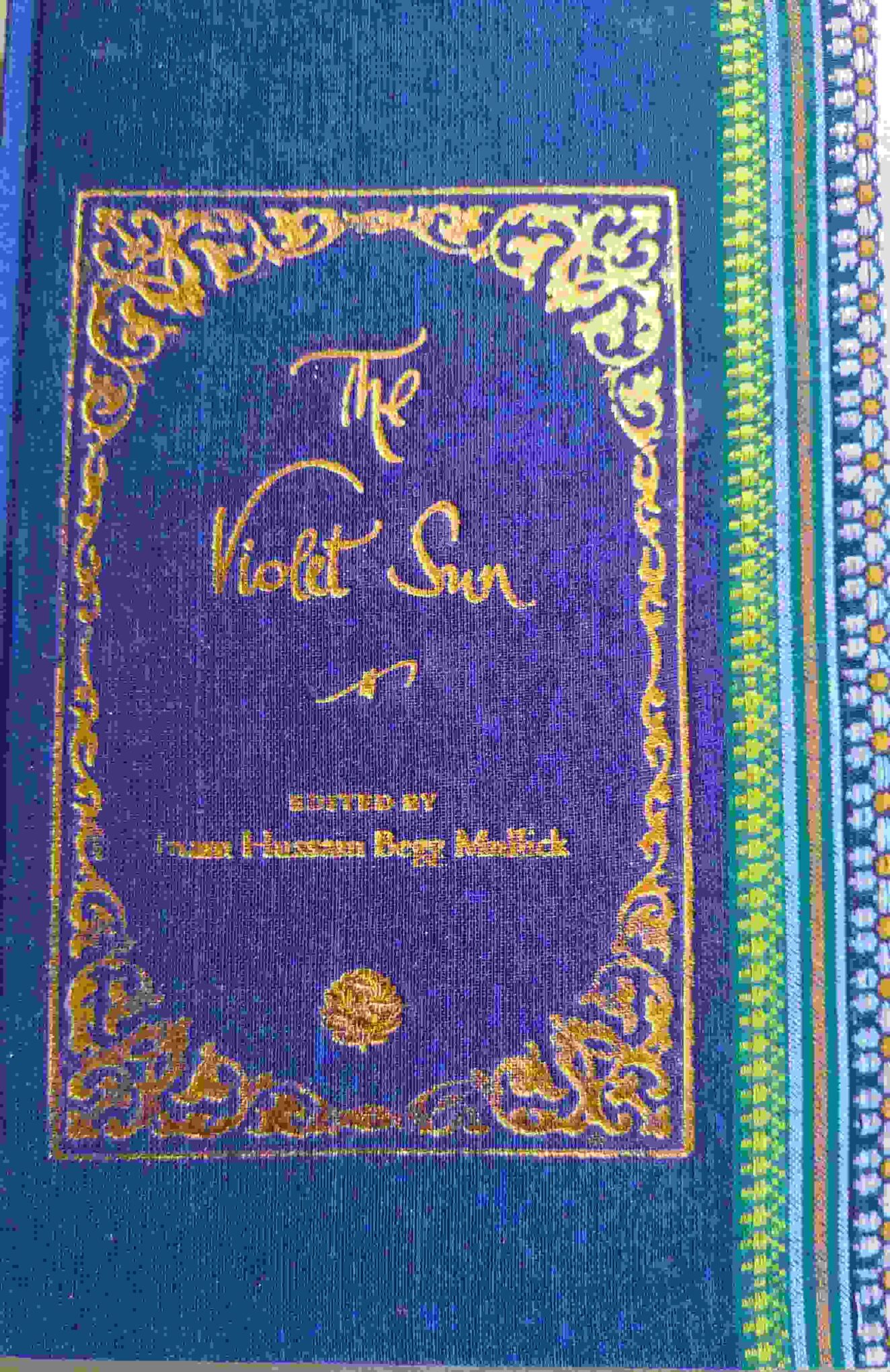
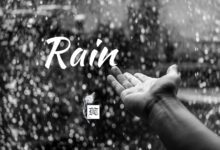

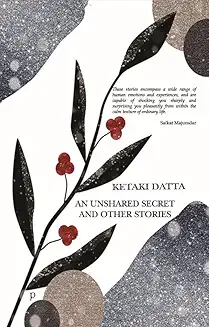
 By
By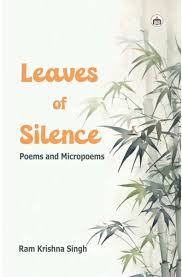
 By
By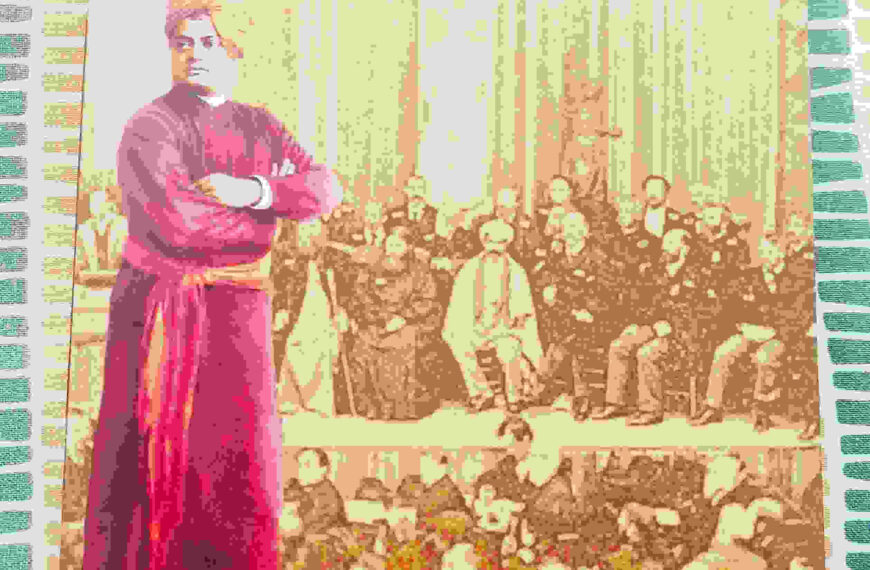
 By
By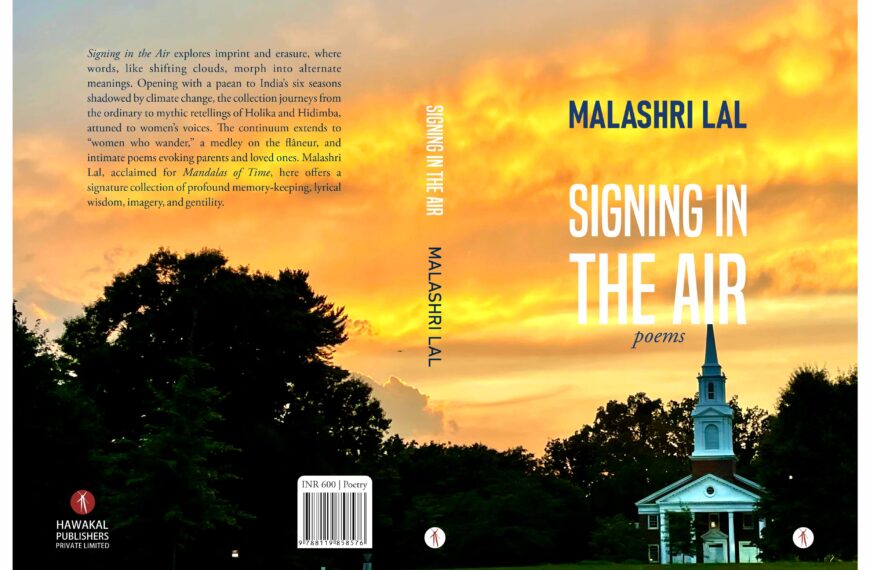
 By
By